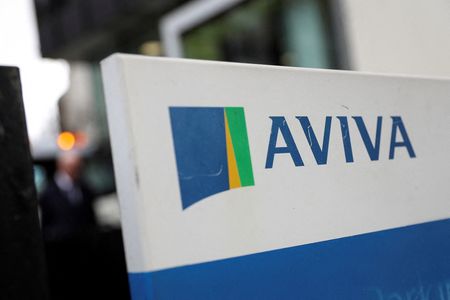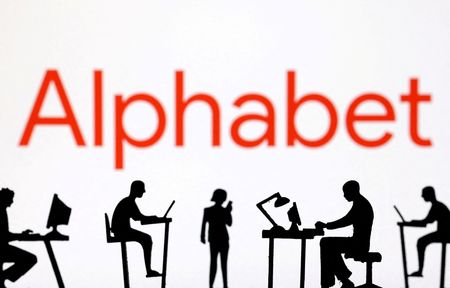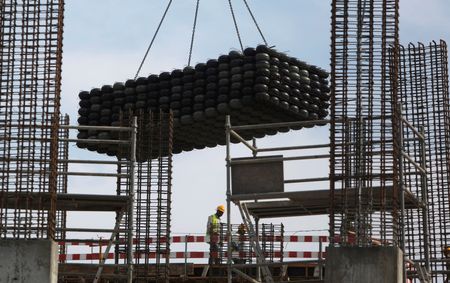By Harry Robertson
LONDON (Reuters) – The British pound rose for a third consecutive session on Thursday as it continued to recover from a six-month trough hit in late November.
Sterling climbed 0.15% on Thursday to $1.2721, up from a recent low of $1.2475 on Nov. 22.
The euro was flat versus sterling at 82.78 pence, around its lowest in more than two years as political stress in France and a weak euro zone economy take their toll.
Sterling has been at the mercy of the dollar in recent months, dropping from a 1-1/2-year high in October as the U.S. jobs market roared ahead and falling further in November as the re-election of Donald Trump boosted the American currency.
Yet it has found a footing over the last week as the dollar has lost steam.
Bank of England data on Thursday showed British employers’ expectations for wage growth have cooled a bit further. Separate figures showed activity in Britain’s construction industry picked up in November, though neither release impacted sterling.
The pound has largely remained out of the limelight as the re-election of Trump as has led to swings in currencies whose economies might face tariffs, such as the euro, Chinese yuan, Mexican peso and Canadian dollar.
On Thursday, investor attention was also on bitcoin, which rose past $100,000 for the first time on record.
Britain’s economy has largely escaped Trump’s ire, sparing the pound some volatility. Its economy is dominated by services, which do not face tariffs, and recorded a small trade in goods surplus with the United States in the middle of this year.
“The UK’s trade mix is much more directed toward the service sector than the manufacturing sector, and the tariffs go on goods rather than services,” said Chris Turner, global head of markets at ING.
“I think sterling’s been a bit spared from Trump tariff threat.”
(Reporting by Harry Robertson; Editing by Mark Potter)











